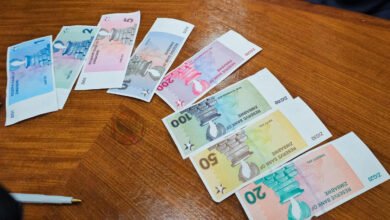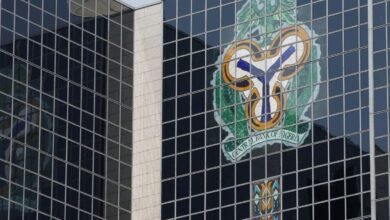Pound hunkers down ahead of Bank of England decision

By Amanda Cooper
LONDON (Reuters) – The pound eased on Wednesday ahead of a Bank of England decision on interest rates at which analysts expect the central bank to telegraph when investors can expect borrowing costs to begin to decline.
Sterling was down 0.13% on the day at $1.2493. The pound also slipped against the euro, which gained 0.1% on the day to trade at 86.06 pence.
The pound has lost nearly 2% against the dollar so far in 2024 but remains the second-best performing major currency behind the Chinese yuan, which is down by only 1.5% in the offshore market.
The futures market shows traders believe the BoE is likely to start lowering rates by August and could deliver two quarter-point cuts by the end of this year.
After the BoE’s most recent policy meeting six weeks ago, the expectation was for three 25-basis-point cuts. But since then, the data has shown Britain’s economy continues to chug along, wage growth – a focal point for the central bank – is moderating, though only slowly, and overall inflation is gradually declining towards the 2% target.
“Whether the Bank of England cuts rates in August or June may seem academic and not actually of much importance,” Caxton FX strategist David Stritch said.
“But on the contrary, a June cut would mean that the BoE still has five meetings before the end of 2024 – plenty of time to cut and maybe cut again.”
Almost more importantly, investors expect far fewer cuts this year from the U.S. Federal Reserve than they did at the start of January, a situation that has driven the dollar up across the board and overpowered some of the dynamics that might otherwise support the pound.
Vanguard, one of the world’s largest asset managers, believes the BoE will cut rates by half a percentage point, which would bring the base rate to 4.75%, compared with a previous forecast of an entire percentage point this year.
“We still think the Bank will start easing in August. But a more hawkish Fed and ECB, renewed growth and firming core inflationary pressures lead us to dial down our expectations for the pace of rate cuts thereafter,” said Shaan Raithatha, senior economist at Vanguard.
(Reporting by Amanda Cooper; editing by Mark Heinrich)
Source link




